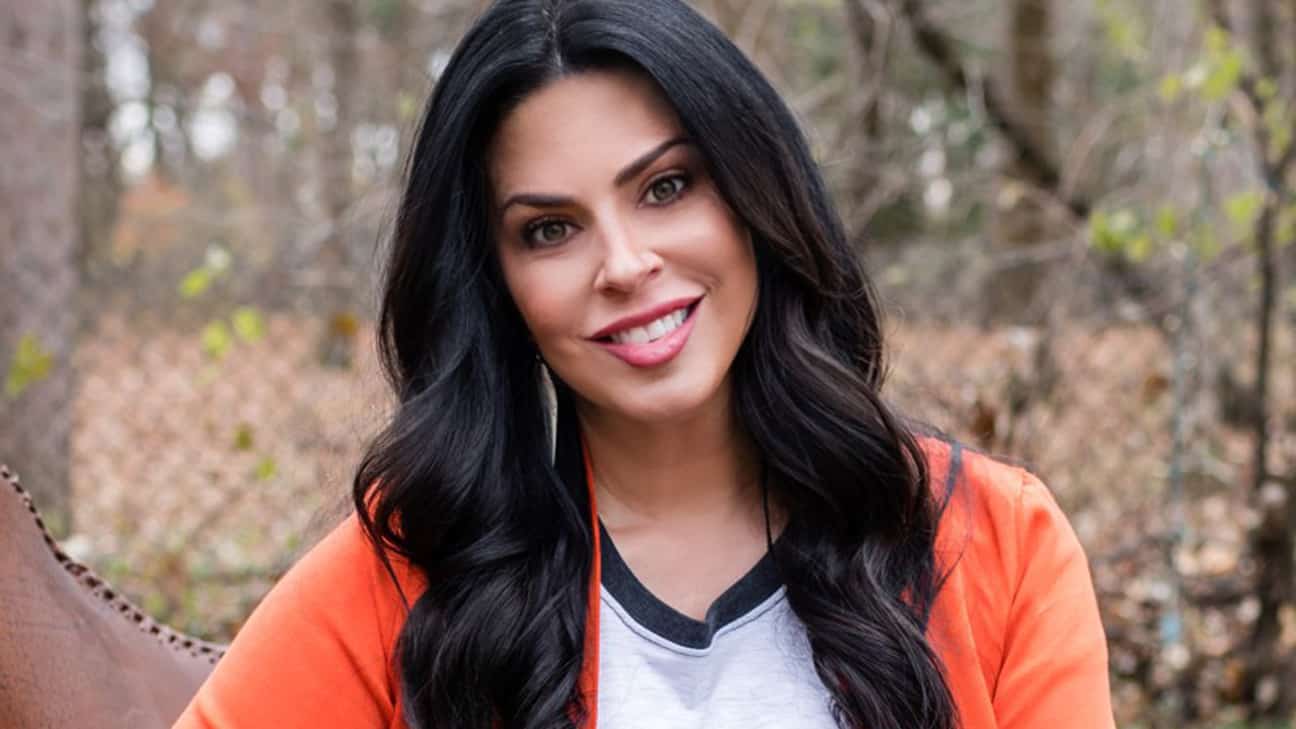
Rachael Youngman creator of the podcast Native ChocTalk.
Native ChocTalk preserving tribal stories for future generations
Published November 1, 2023By Shelia Kirven
Rachael Youngman is the creator and host of the podcast Native ChocTalk. She interviews individuals from all tribes who wish to share their stories, ancestral history, traditions and cultural information.
Native ChocTalk was begun for preservation reasons, according to Youngman. “I am hoping to capture all those precious ancestral stories and history for multiple reasons,” said Youngman. “Not just for our listeners to learn and enjoy, but also for the families and descendants of my guests to hear the stories in my guests’ voices. I also hope in some way we’re honoring our ancestors by keeping their memories and names alive.”
Each episode takes many hours of research, script writing, interviewing, editing, posting and socializing. The Native ChocTalk team consists of Youngman, a site manager and a graphic artist.
Youngman is proud of her Choctaw heritage.
“My tribe was a big influence on me as I began this podcast,” said Youngman.
She promotes information on researching tribal ancestry, Choctaw language classes, Choctaw artists, the CHAHTA Foundation, Choctaw ponies, and Jones Academy on the podcast and website. She grew up in Anadarko, where her dad was the art teacher at Riverside Indian School. Youngman graduated from Butler University, spent twenty years performing as a trained opera singer, and was the youngest recipient of the Young Talent Award from the Metropolitan Opera at age nineteen. She received awards for several years from the National Association of Teachers of Singing for opera competitions.
Youngman has worked in radio, commercials, infomercials and public relations for the Indianapolis Colts. She was publicist for a book about them and led a team promoting the Colts Business Alliance. She has been a dating and relationships columnist, a relationships counselor and currently works in software sales for technology companies.
Her inspiration was her great-grandmother, Ella (Davis) Shofner. Youngman said her sister interviewed the elder for a college paper.
“Ella was full-blood Choctaw, born in 1903. When I was in my late 20s, Ella passed away, and our family was devastated to lose her,” said Youngman. “One evening, I thought of her and regretted not spending more time with her in her last days; then the paper my sister had written came to mind, and I immediately scrambled to find it in the filing cabinet. There it was, tucked away, unread. I sat there, reading every word, and couldn’t stop crying.”
At age three, Ella had been sold by her mother into guardianship for $1,000 to a non-Native man, the wealthiest landowner in the area, according to the paper.
According to Youngman, she would not have known the tragic story if she had never read the paper.
Youngman says she is eager to learn more about her tribe and family through this journey.
“I am writing a book about their stories [her family] in hopes to bring them honor,” said Youngman.
She intends through the book to preserve her own ancestral stories and wants to give all tribes opportunities to do so as well through the podcast.
“If we do not do that now, those stories will be dust in the wind,” Youngman said.
Podcast guests are the experts, and Youngman says she learns from each one. She has interviewed from tribes she had never heard about and those with small numbers of surviving members.
“I feel a sense of urgency to record everyone’s stories, but even more so for those tribes whose members are so few,” said Youngman. “For my guests who feel comfortable sharing, I am all about helping them capture these important pieces of history for future generations. For many years, and rightfully so, our ancestors were told to hide their stories and not engage in their culture. I find that some elders are still in that mindset. Again, I understand why. To talk to outsiders meant they could be physically harmed or even killed. But now is the time to say no to burying who we are. Storytelling is who we are, it is what we are. And it brings us all together.”
She hopes through the podcast, people will want to share stories and dig deep into their histories. She said she believes the best stories are those not found in history books.
“Our people were forgotten for so long. I hope they will no longer be forgotten and will be honored by our bringing their stories to light. This isn’t just for family members who have passed,” said Youngman. “There are so many still living today who have amazing stories and have accomplished so much – business owners, leaders, artists, volunteers, grandparents and more. Everyone has a story.”
Youngman’s future goals are to develop a storytelling curriculum for schools and homeschoolers, continue supporting MMIW efforts, and support Native artists and businesses. She also wants to compile the stories from the podcast into a book.
“I feel I owe the women who came before me and paved what was probably a challenging path to work hard and succeed. At the same time, it is humbling, because with success comes responsibility,” she said. “I believe our female Choctaw ancestors worked incredibly hard. I have to believe that work ethic is in each and every one of us Choctaw women today, and I hope we are all tapping into that. I cannot help but think our ancestors must be cheering us on.”
You can listen to Native ChocTalk on their website, YouTube channel or most social platforms.